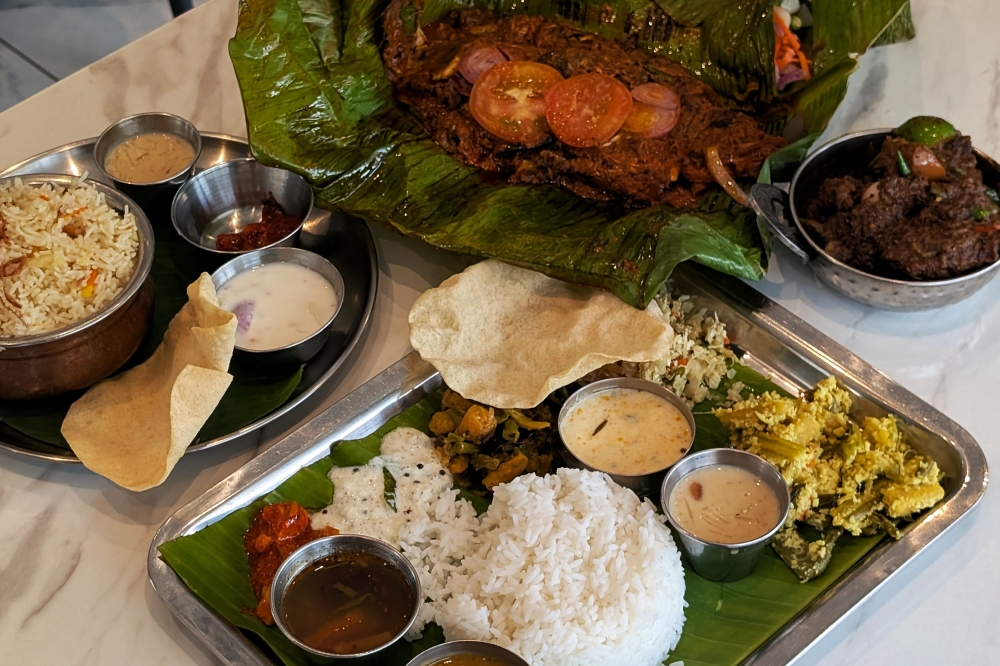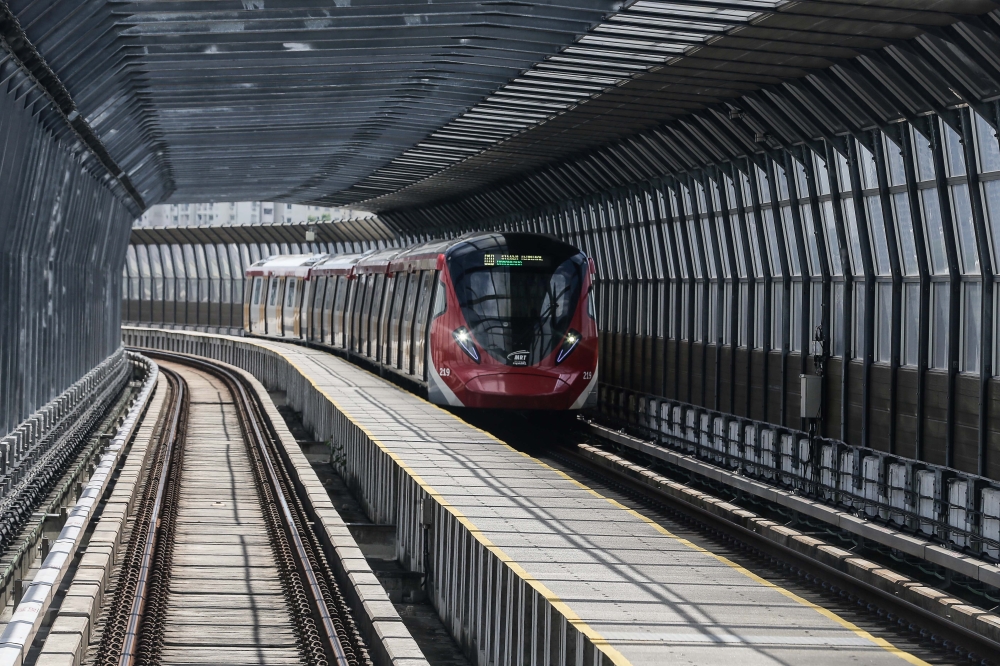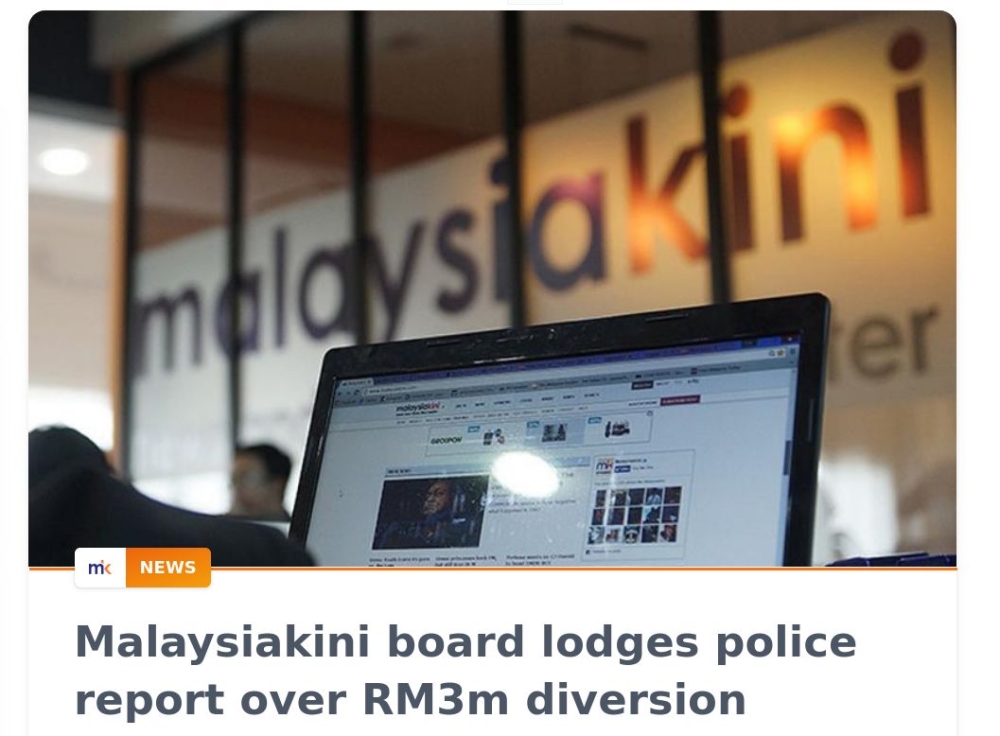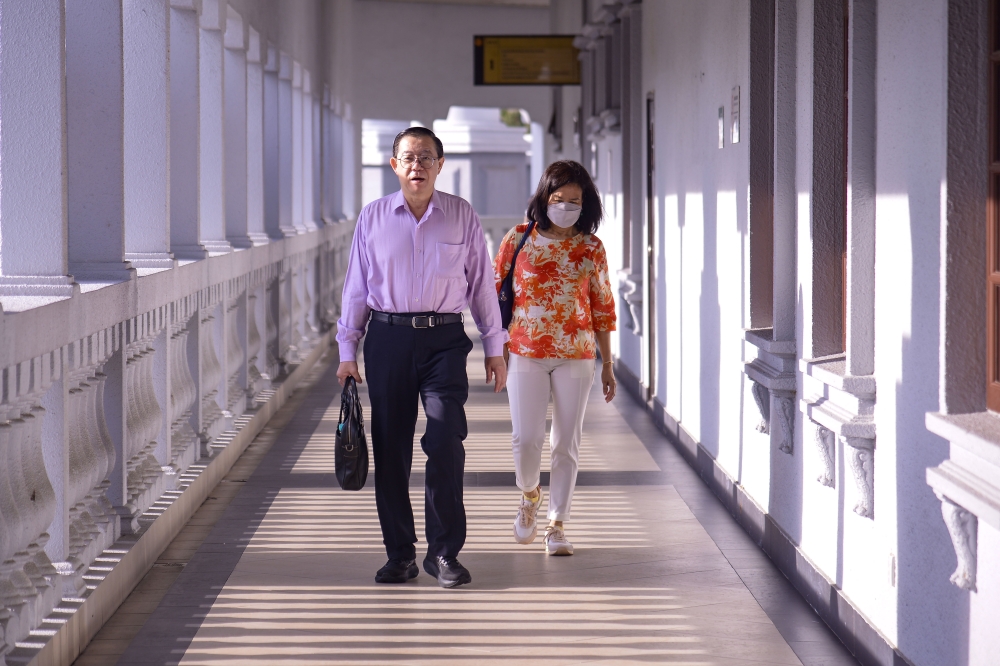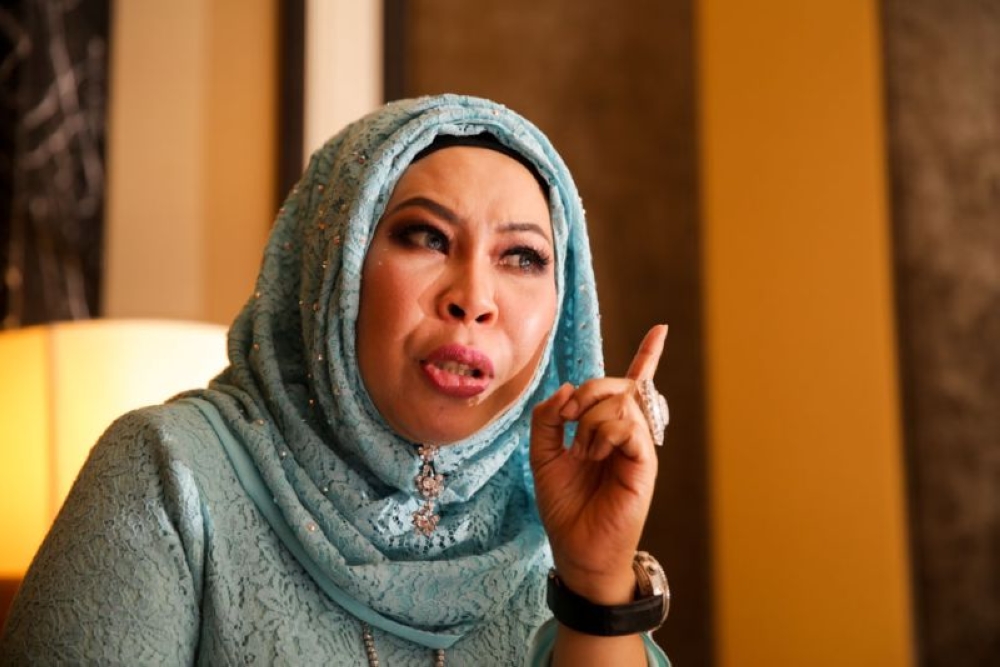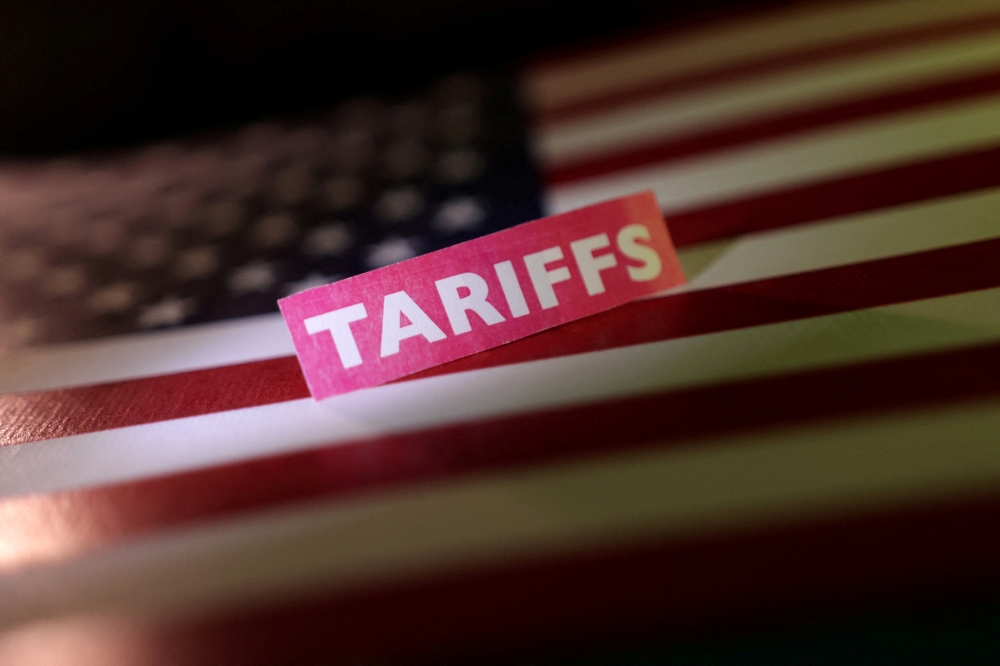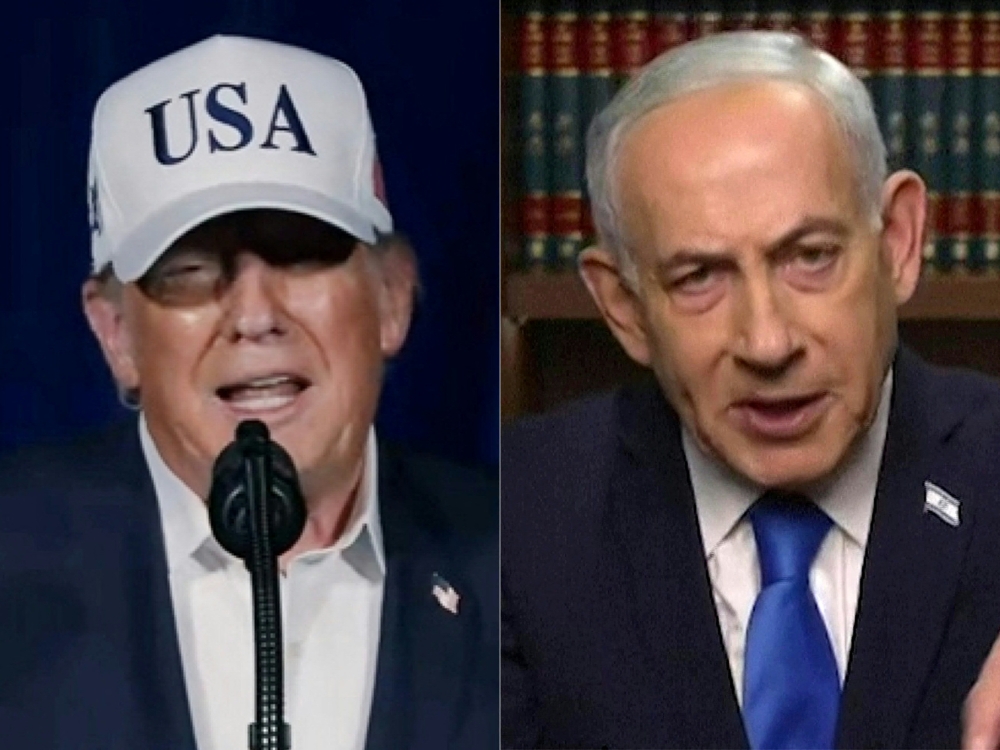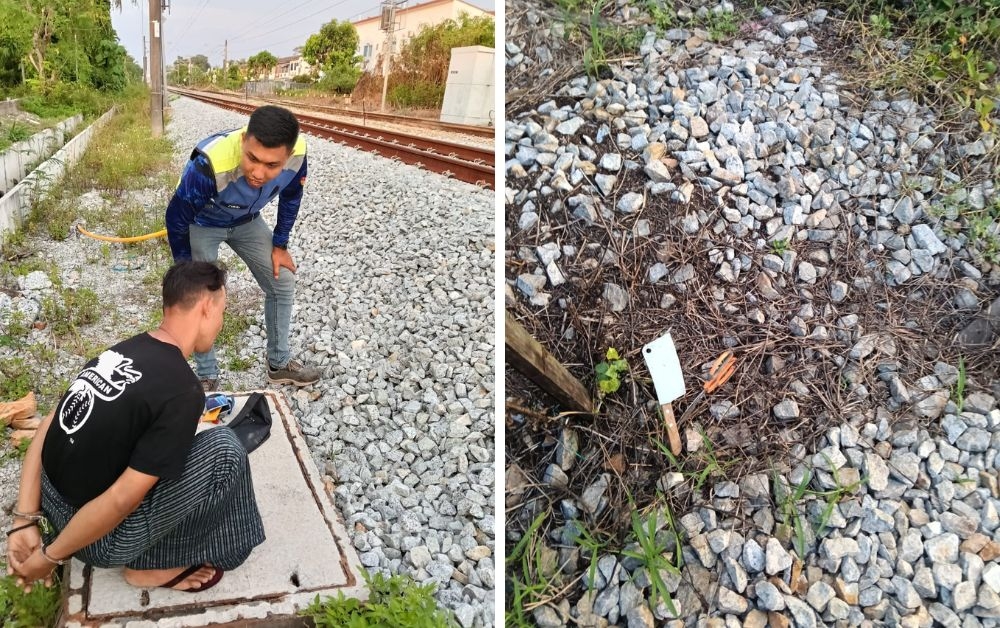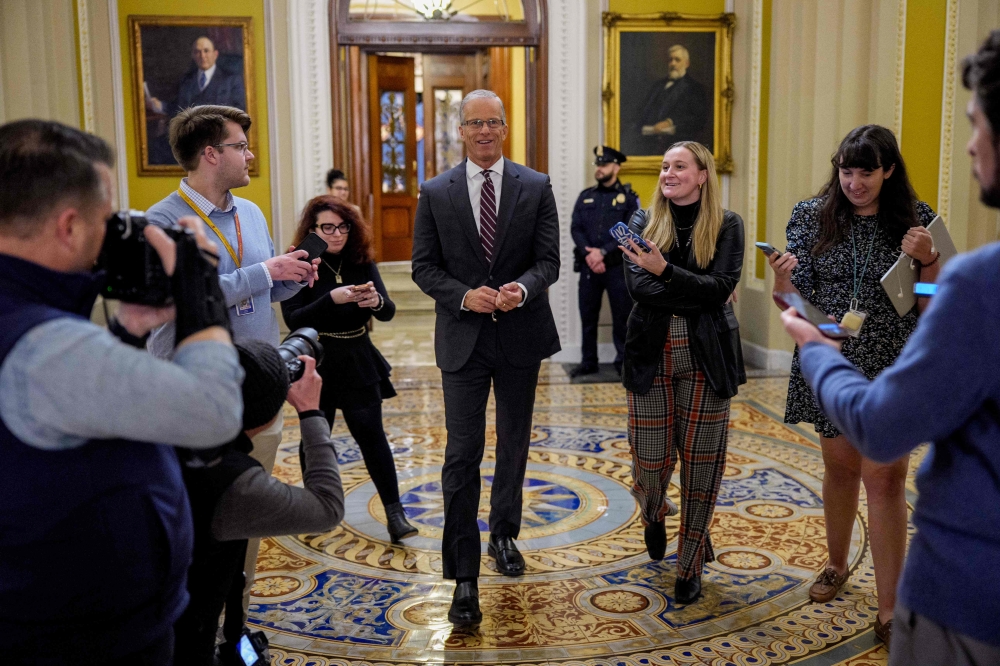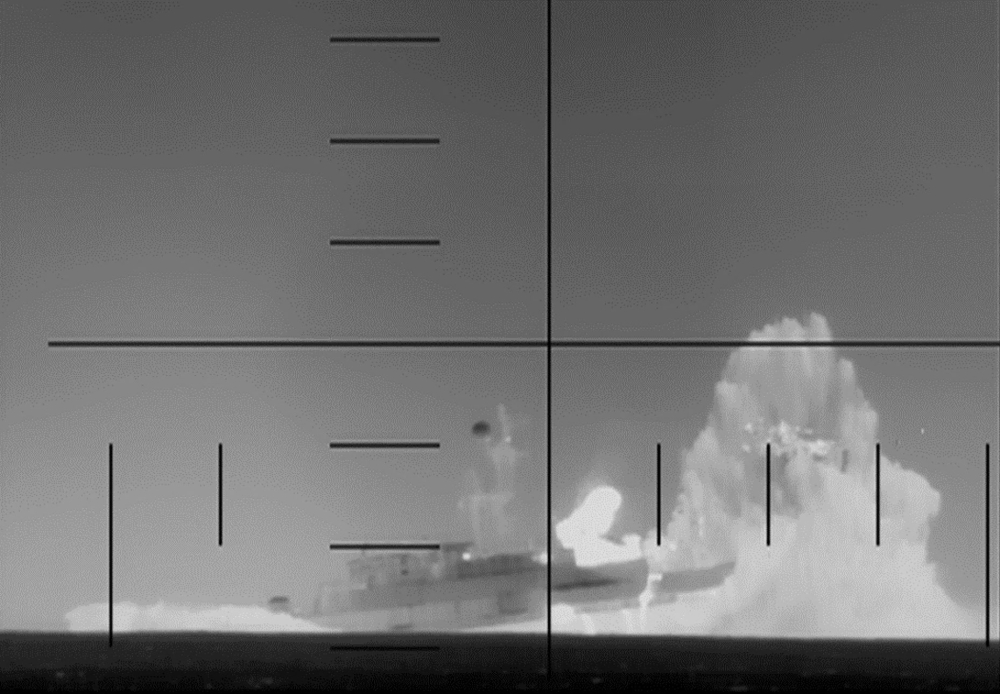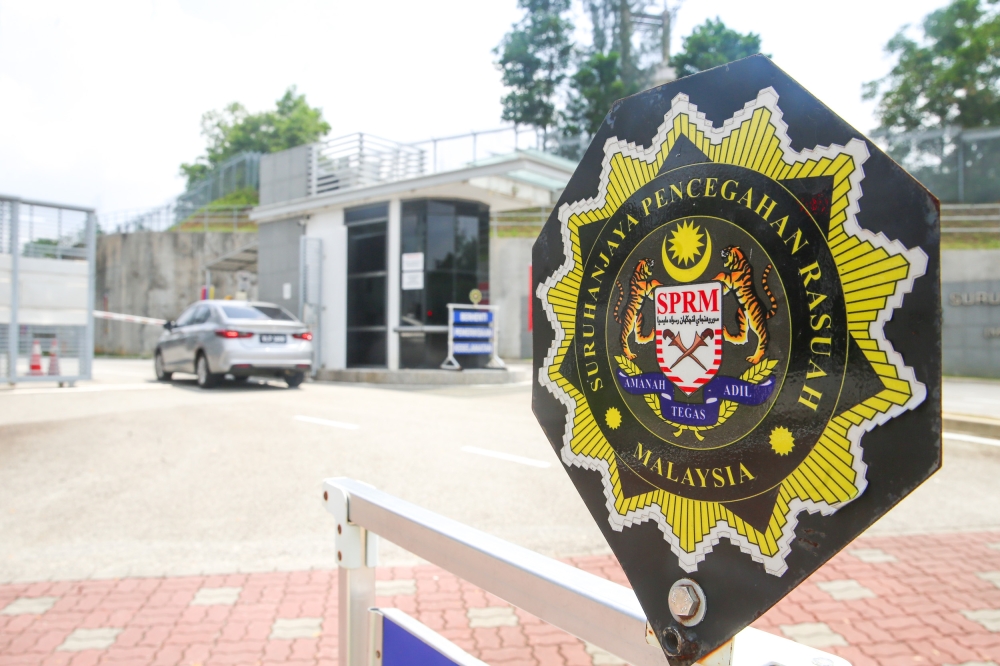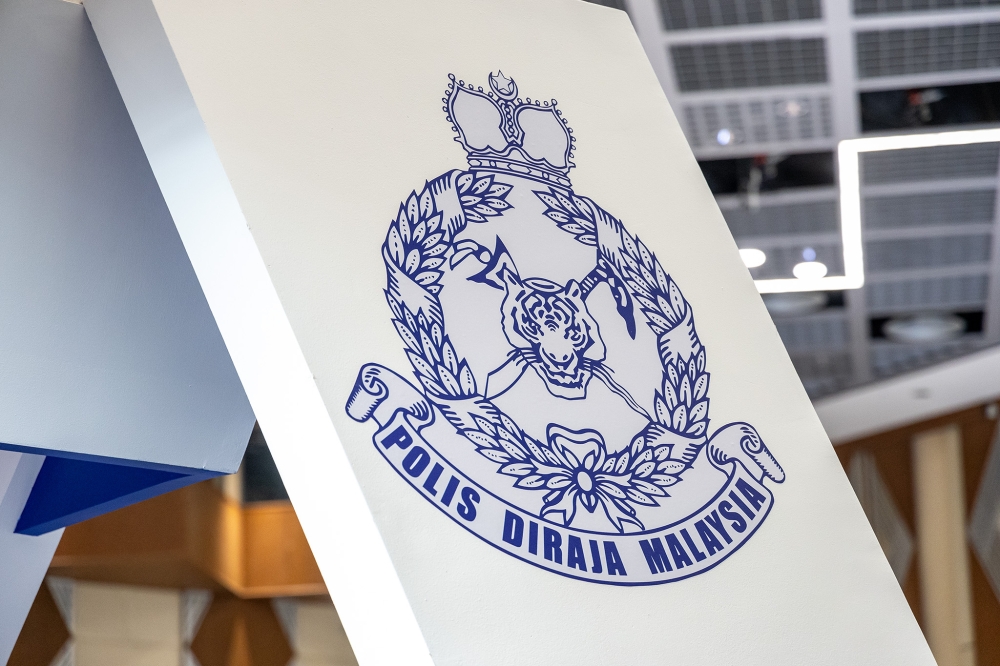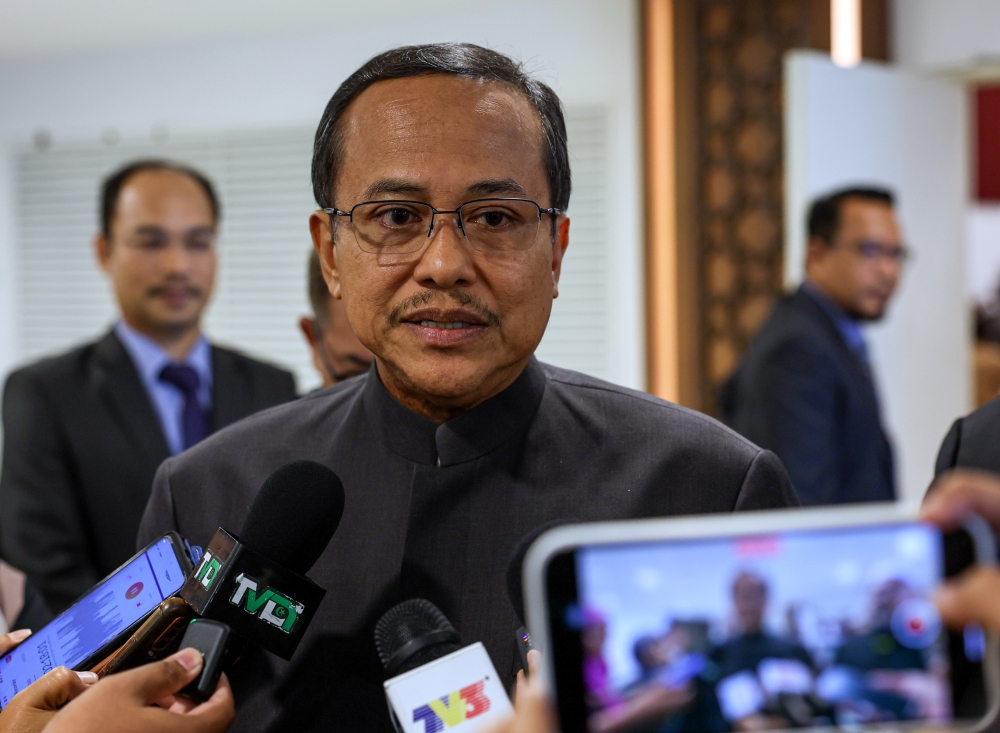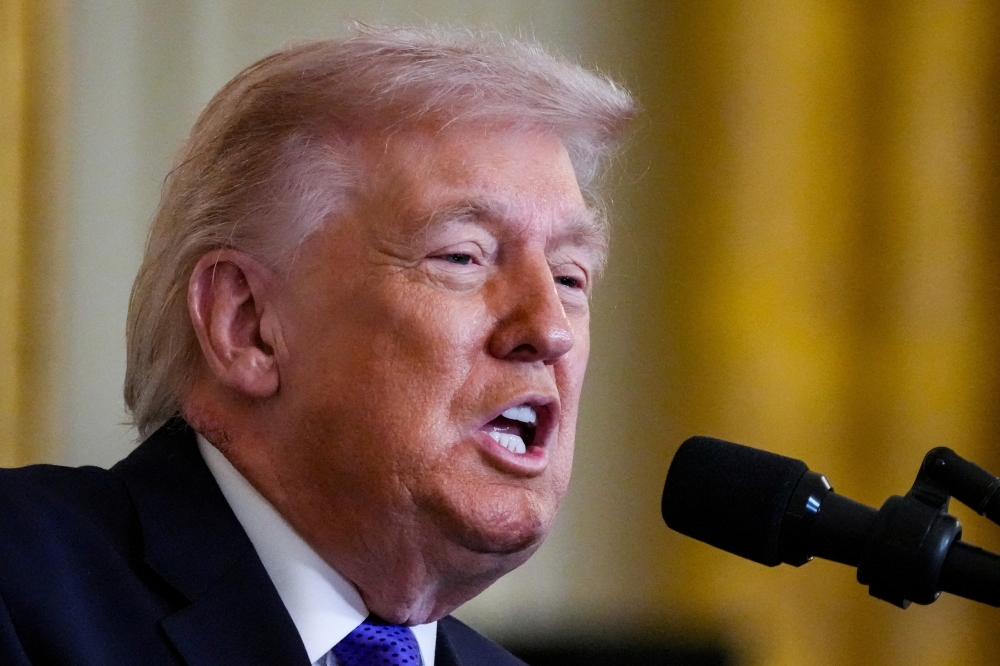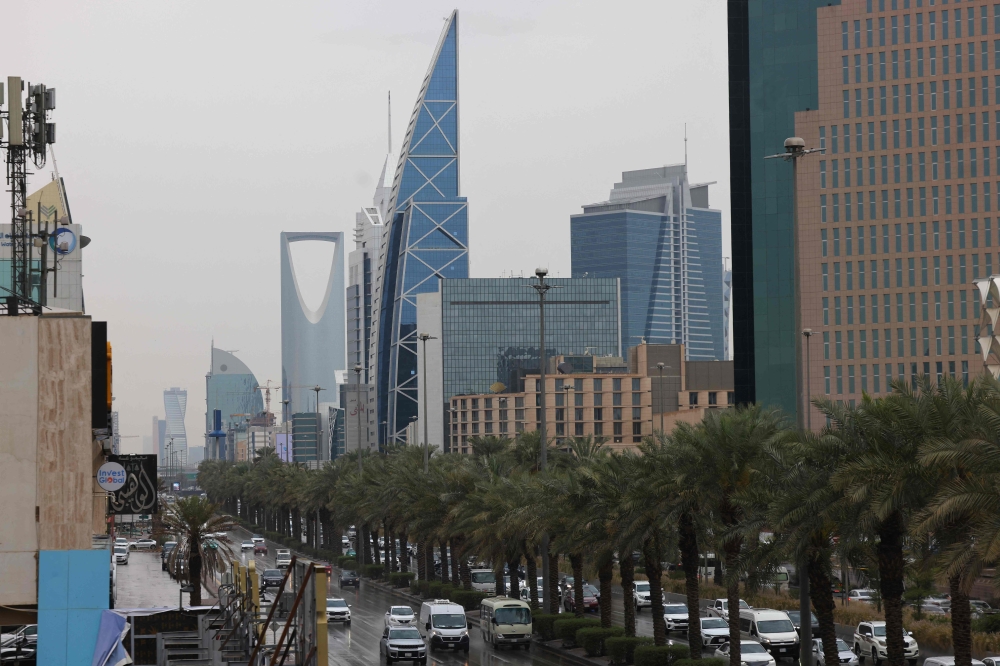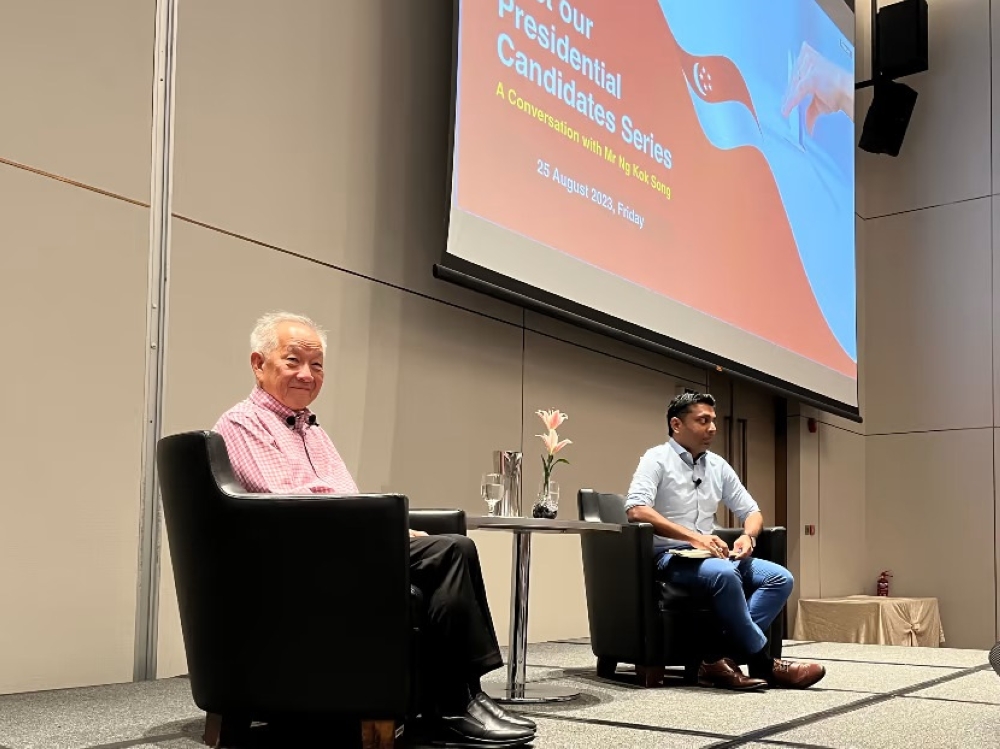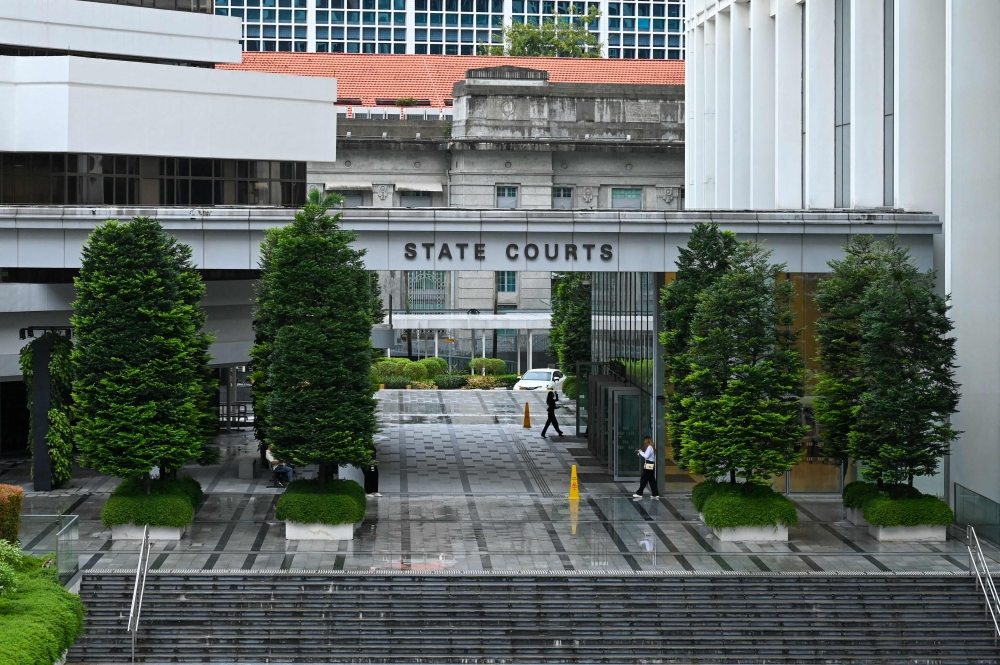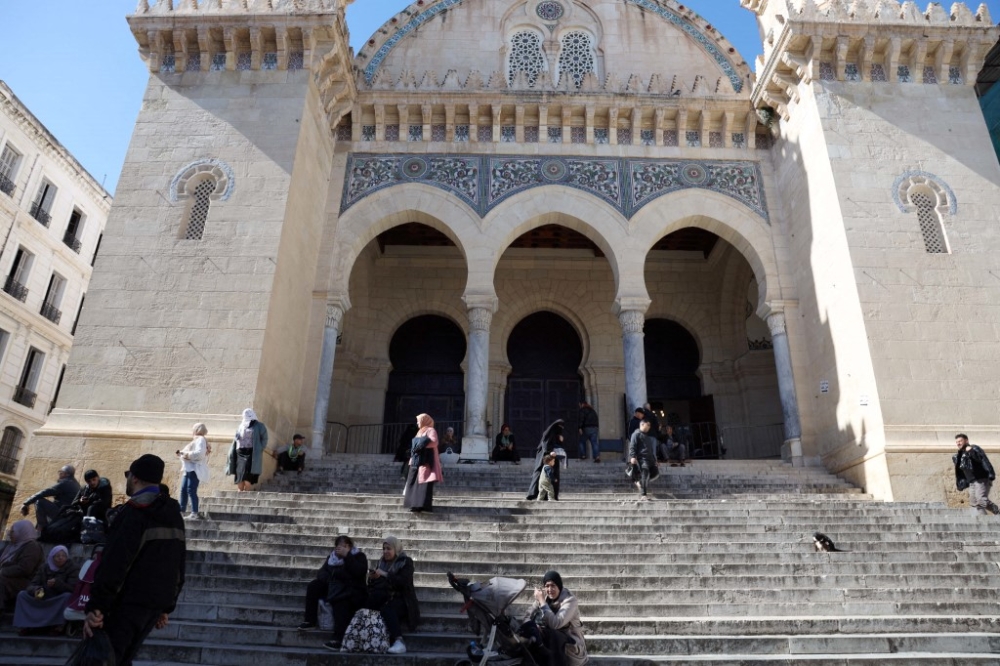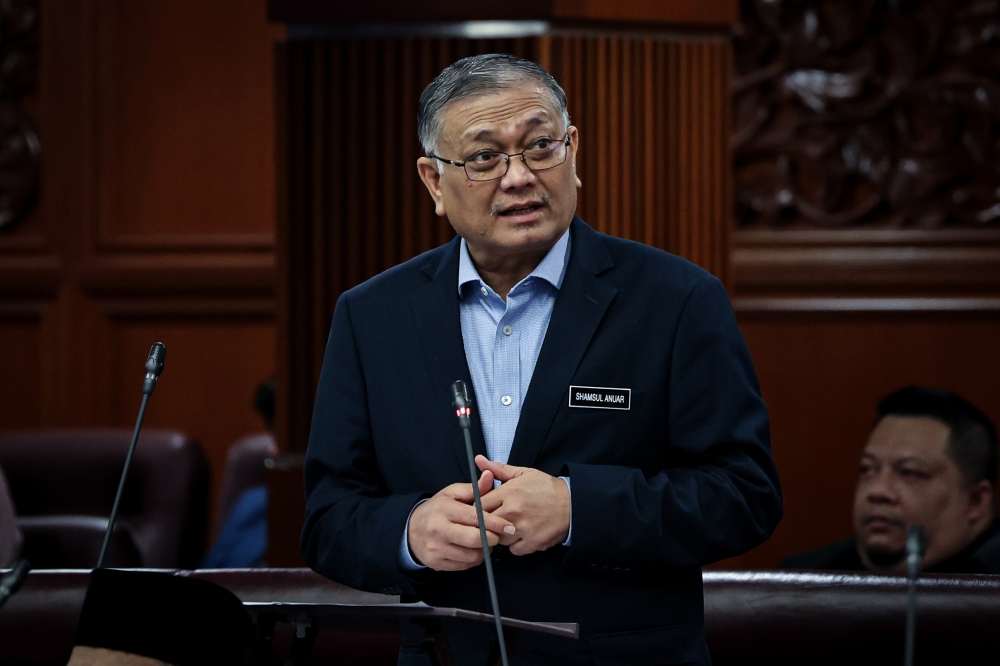SINGAPORE, Aug 26 — The electorate should not see the Presidential Election as a contest between a People’s Action Party (PAP)-backed candidate and those supported by the Opposition, but between individuals with or without links to political parties, said presidential candidate Ng Kok Song.
Alluding to his fellow candidate Tharman Shanmugaratnam and prime minister-in-waiting Lawrence Wong, he added that there is a high likelihood of a “human conflict of interest” should the president and the prime minister have had a close working relationship in the past.
“If you have a situation where the former finance minister becomes the president, and the new prime minister or the prime minister was someone who had worked with you, mentored you, I think it is possible, but it is also quite likely that there will be a human conflict of interest situation,” said the 75-year-old.
Ng said this yesterday (August 25) during a members-only event organised by the National University of Singapore Society (NUSS), a graduate club, at the NUSS Kent Ridge Guild House.
Various questions from the audience of over 150 people were directed at Ng, from whether he was a “subset of Tharman”, having once worked under him, to why he did not step down from the presidential race when it became a three-cornered fight, since one of his intentions was to ensure there was no walkover.
Presidential election not a matter of incumbents versus Opposition
Responding to a question by the moderator, Assistant Professor Walid Jumblatt Abdullah of the Nanyang Technological University, on which end of the political spectrum his supporters will most likely fall in, Ng said that this should not be how the contest is seen.
“I think the way that you're framing (it as between) PAP, the opposition party, sadly, is the wrong way of looking at it,” said Ng.
Instead, he believes that voters should look at the candidates and see who has no political ties.
While the Constitution states that the person being nominated for the office of president should not belong to any political party, he pointed out that since the elected presidency was introduced in 1991, those who took on the job have been endorsed by the ruling party.
“I would submit that it is not in keeping with the spirit of the Constitution,” Ng said.
He added that the President should ideally not have any prior links to any political party, whether opposition or incumbent.
“Because the President must not be beholden to any political party, whether it's the governing party or the opposition party. The president's job is the people of Singapore, to safeguard the people of Singapore, not assist in the agenda of any party,” he said.
He asserted that with Tharman having only recently stepped down from the PAP, and fellow candidate Tan Kin Lian having opposition party members as his assentors, he remains the only candidate with “no party”.
Ng Kok Song on whether he is a ‘subset of Tharman’, and why he didn’t step down despite three-cornered fight
During the question-and-answer session, several members of the audience directed pointed questions at Ng.
One was whether he was a “subset of Tharman”, with them having worked together in the Monetary Authority of Singapore (MAS), where Tharman eventually became the elder candidate’s superior.
The member of the audience asked: “Give me one good reason why I should vote for you, the subset, rather than the superset, Tharman?”
Ng said that due to the age difference between him and Tharman, 66, he started work in MAS before the younger man.
“He chose political service, I chose public service,” said Ng, to applause from the crowd.
He was also asked by another member of the audience why he did not withdraw from the presidential race when Tan entered the fray, given that one of the reasons Ng gave for his candidacy was to ensure that there was no walkover for Tharman.
“I think it’s not too late to say, ‘I back off honourably’,” the audience member remarked, to some laughter from the crowd.
Ng said that chronologically, it was Tharman who first announced the intention to run for President, before businessman George Goh put his hat in the ring.
He had stepped up after Goh, partly because he was concerned that the Harvey Norman Ossia founder would not meet the criteria to qualify for the race.
“It was only after I declared that Tan Kin Lian declared, so it’s very important to understand the sequence,” he said.
He added that there were two other reasons he was running for the President: His desire to protect the reserves which he had worked to build during his years working in sovereign wealth fund GIC, and also as a sense of duty to Singapore’s founding father Lee Kuan Yew.
Another member of the audience asked Ng whether he had ever considered joining politics, to which Ng responded that he did not do so as he loved his “dream job” at GIC too much to leave it.
What he would do if he wins or loses
Asst Prof Walid asked Ng what would happen to his company in the event that he wins the election, and if he does not.
Ng said that should he win, he would have to divest all his business interests in his company, Avanda Investment Management, which he co-founded in 2015.
“I do not want to be in any perceived conflict of interest situation,” he said. “It is a profitable company... if I have to divest all my businesses, it will be a big financial sacrifice.”
“But I’m answering a higher calling, and money is not my goal in life,” he added. “I would like to have the honour of serving the people of Singapore.”
And if he were to lose, Ng said that he would “win back” his life.
He said in that case, he would return to his company and continue to grow it.
He was also asked by another audience member what he would do with his salary if he becomes President.
Ng said that he was “hesitating” to respond to the question as future presidents would be put under undue pressure.
“If I do anything, I would do it quietly,” he said. ― TODAY

